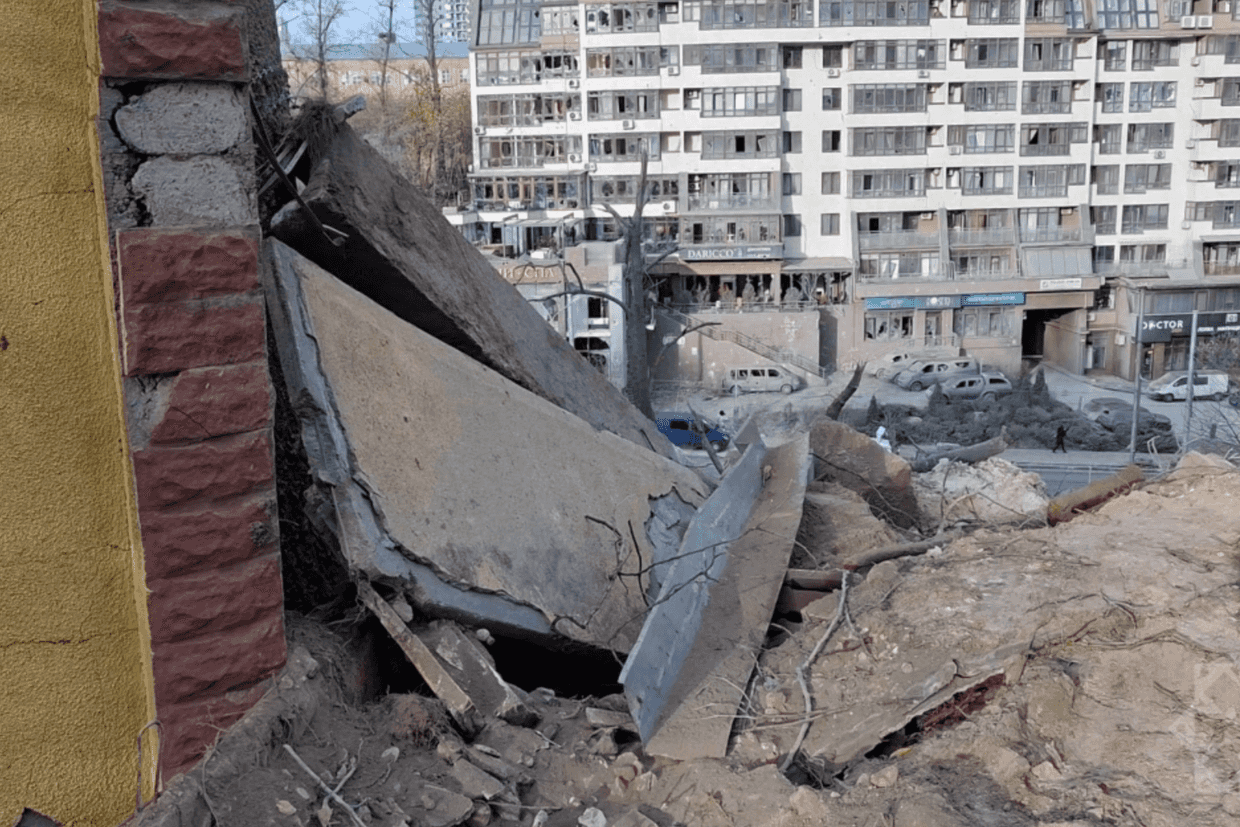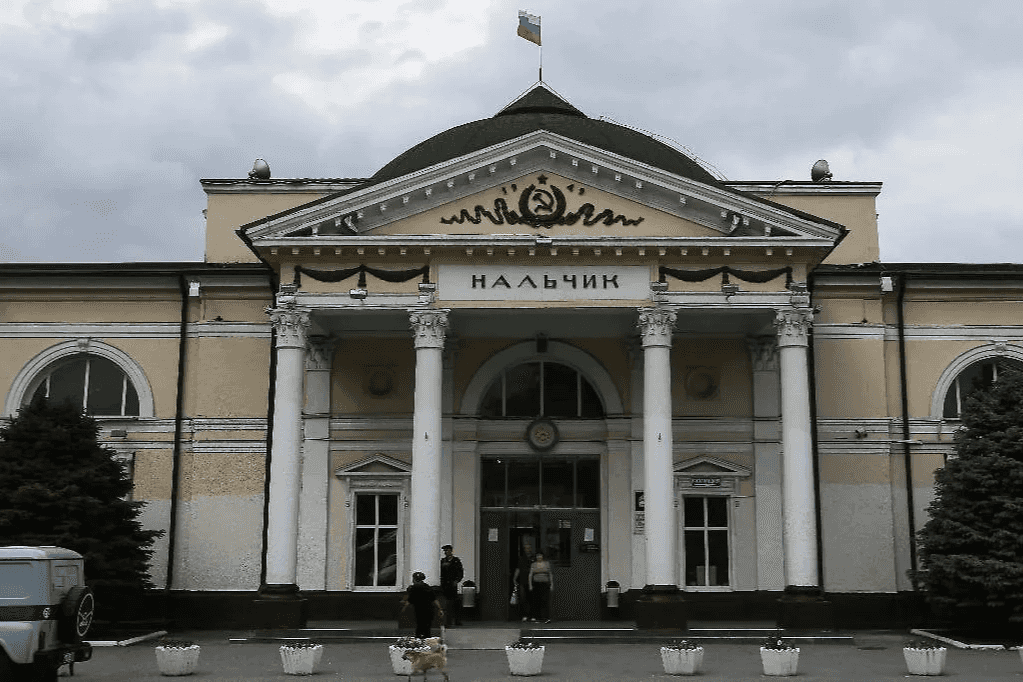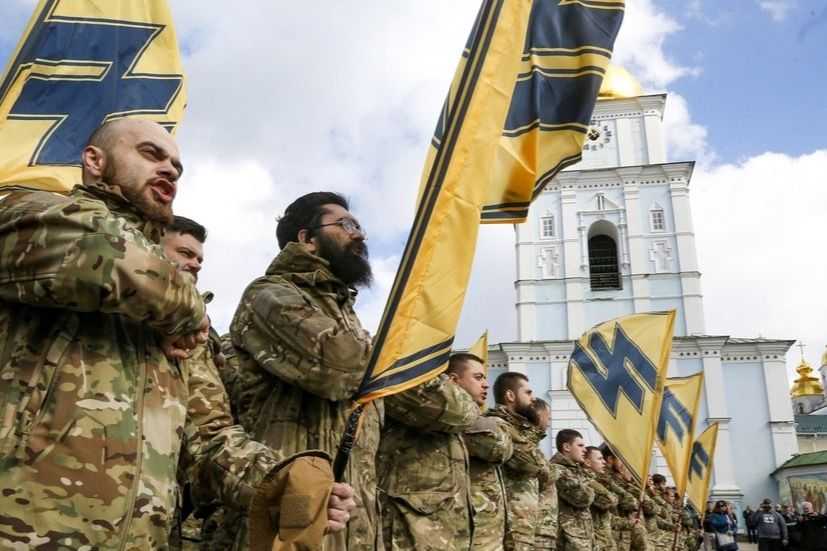Mixed reactions in the Caucasus on third anniversary of Russia’s full-scale war on Ukraine

Demonstrators held a large march in Tbilisi on Monday to commemorate the third anniversary of the beginning of Russia’s full-scale invasion of Ukraine and to show their support for Kyiv.
Protests were also held in other cities and towns across Georgia.
Protesters in Tbilisi are marching in solidarity with Ukraine on the third anniversary of Russia’s full-scale invasion of the country. pic.twitter.com/cLXqxfIXMD
— OC Media (@OCMediaorg) February 24, 2025
A small group of protesters, most of whom appeared to be Russian nationals, gathered by the Russian Embassy in Yerevan as well. No protests were reported in Baku.
Perceptions of the war in the Caucasus, particularly at a government level, have grown more polarised over the last three years.
In February 2022, shortly after Russia sent its troops over the border, large demonstrations were held on a daily basis in Tbilisi, as well as in Yerevan. In Baku, where protests are a rarity amidst the repressive authoritarian system, demonstrators nonetheless gathered to show their support for Kyiv.
The largest-scale protests at the time occurred in Tbilisi, and were accompanied by widespread anger over the government’s inaction on the invasion.
Three years later, there has been a significant shift in the geopolitical situation in the South Caucasus vis-a-vis Russia, most notably between Russia and Armenia. Relations between Yerevan and Moscow have deteriorated, primarily motivated by Russia’s unwillingness to defend its long-time ally against Azerbaijan.
Once a firmly pro-Western country, Georgia has moved away from the EU since 2022. Although polls have indicated that the vast majority of Georgian citizens support Ukraine over Russia in the war, government officials have routinely criticised Ukraine and have gone so far as to accuse members of the Ukrainian security services of helping orchestrate a botched coup attempt in Georgia.
Two votes on resolutions condemning Russian aggression at the UN on the third anniversary on Monday illustrated the largely neutral approach taken by Caucasian countries.
The first resolution, put forth by Ukraine and co-sponsored by a number of EU countries, condemned Russia’s war and called for ‘advancing a comprehensive, just, and lasting peace in Ukraine’.
Bucking decades of precedent, the US voted against the resolution. Georgia and Azerbaijan did not vote, and Armenia abstained.
The second resolution, put forth by the US, had only vague and generalised language about the war, and called for ‘mourning the tragic loss of life throughout the Russian Federation-Ukraine conflict’.
It also urged a ‘swift end to the conflict’.
Following a number of amendments added by EU countries that substantially altered the thrust of the resolution, the US abstained in the final vote. Armenia supported the US resolution, while Georgia also abstained, and Azerbaijan did not vote.
Previously, the Wall Street Journal (WSJ) reported that Georgia was the sole co-sponsor of the watered-down resolution by the US, which was later confirmed by Tbilisi Mayor Kakha Kaladze. Nonetheless, Georgia was not listed as a sponsor on the official document published by the UN.











